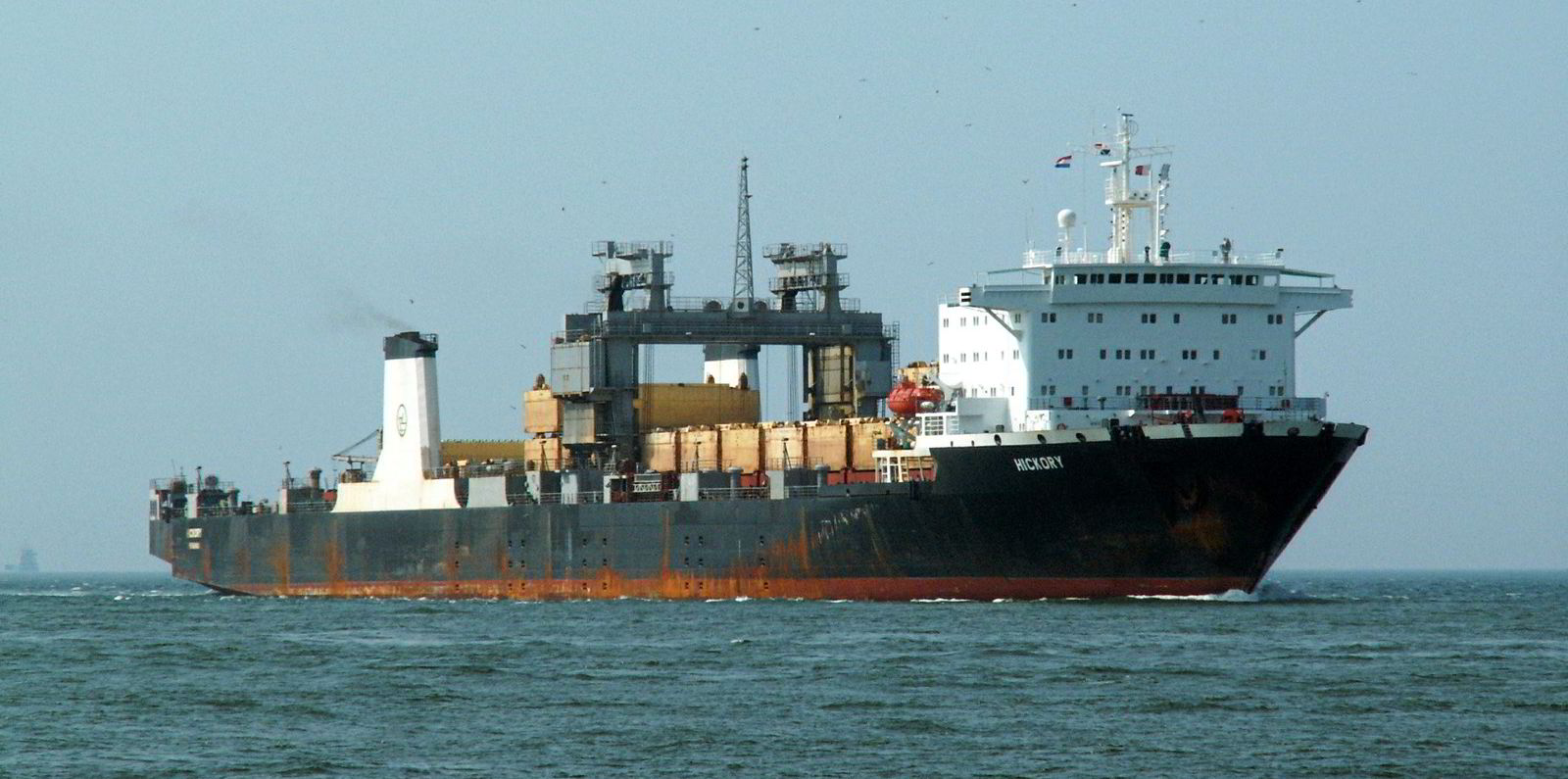The pandemic has highlighted the importance of being able to adapt and improve.
In terms of sale and purchase, shipbrokers and broking are flexible things, constantly adapting to changes in the market, a client’s needs or indeed to finding a way to “get the deal done”.
Independent inspection reports, novating crewing contracts and lengthy “Covid clauses” have fast become S&P standards, ensuring that ships continued to change hands at the peak of the pandemic, and enabling high volumes of S&P transactions today.
After a year like no other, TradeWinds asked 40 shipping industry stakeholders what they see for 2021 after a year beset by the coronavirus, and how the pandemic will shape shipping's future.
At Eggar Forrester Group's CW Kellock, it has been our auctioneering work where Covid-19 has been the catalyst for some positive industry change. With creditors taking decisive action on accounts where they see no prospect of resolution, there have been increased levels of vessel arrests and judicial sales. We’ve been appointed to handle a large proportion of these over the last six months — 12 judicial sales, across a range of jurisdictions including India, Singapore, several courts in the US, and England and Wales, where we are the admiralty courts’ appointed broker.
Creditors have been understandably anxious to ensure that, when enforcing a judicial sale during the pandemic, the process can still be conducted effectively and efficiently.
The main challenges were perceived to be travel restrictions and their impact on participation and, thus, competition and price: inspecting ships, taking delivery of vessels, physically attending ship auctions and the potential closure of courthouses were all at risk.
At CW Kellock, where possible, we have moved auctions from courtrooms to online video calls. This has proved to be such a success — with high levels of participation and firm prices achieved — that it has been seen to be an improvement on traditional practice in jurisdictions, where prospective bidders previously had to attend in person.
Without adaptive measures, either auctions would have seen lower levels of competition, or creditors would have suffered lay-up costs and depreciation while waiting for normality to return.
We anticipate that further fallout from Covid-19 will result in more ship arrests and further sales. With the right support, planning, marketing and auctioneering, the arrest and sale of ships need not be the long and costly process that creditors dread.
It has also been refreshing to question and challenge whether the way we have always done things is still the best way.





